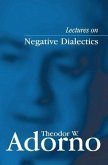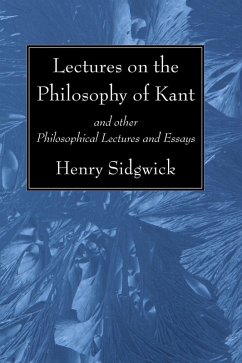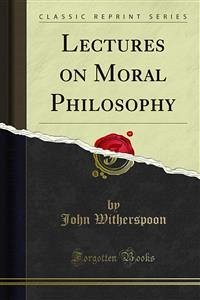Soviet-era philosopher Merab Mamardashvili developed an original and subtle philosophical system distinct from both his orthodox and dissident colleagues. This volume provides English-speaking audiences with a range of his lectures and writings on ancient philosophy, civil society, the European project, and literature. After many decades hiding in plain sight, he emerges as a Soviet thinker who writes in the double-voiced manner of an ideologically surveilled academic and a potent literary and theoretical innovator independent of his context.
Dieser Download kann aus rechtlichen Gründen nur mit Rechnungsadresse in A, B, BG, CY, CZ, D, DK, EW, E, FIN, F, GR, HR, H, IRL, I, LT, L, LR, M, NL, PL, P, R, S, SLO, SK ausgeliefert werden.









